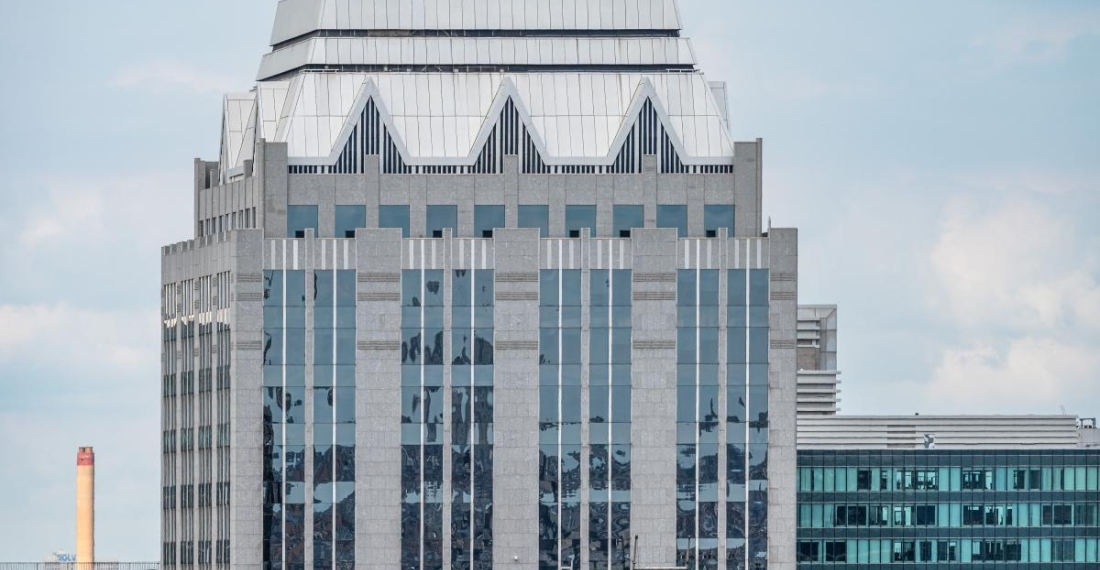The European Union on Thursday 23 October applied more economic sanctions on Russia, adding to U.S. President Donald Trump’s new punitive measures the previous day against the Russian oil industry. However, EU leaders meeting in Brussels have so far failed to reach a deal on using Russian frozen assets. European capitals were hoping to convince Belgium, which houses the international deposit organisation Euroclear and is worried about legal repercussions, that a reparation loan from the funds is workable. Most of the €200 billion in Russian central bank assets frozen by the EU are held in Euroclear. However, Belgian Prime Minister Bart De Wever has so far been skeptical, reiterating during the European Council meeting on Thursday that certain conditions must first be met before a €140 billion loan can be given to Ukraine using Russia’s frozen assets. Russian officials and state media dismissed the new Western measures, saying they are largely ineffective.
The sanctions are intended as part of a broadened effort to choke off the revenue and supplies that fuel Moscow’s invasion of Ukraine and compel Russian President Vladimir Putin to negotiate an end to the war. The measures will be regarded positively by Ukrainian President Volodymyr Zelenskyy, who has long campaigned for the international community to punish Russia more comprehensively for attacking his country. “We waited for this. God bless, it will work. And this is very important,” Zelenskyy said in Brussels, according to Associated Press.
Despite U.S.-led peace efforts in recent months, the war shows no sign of ending after nearly four years, and European leaders are increasingly concerned about the threat from Russia.
The EU measures especially target Russian oil and gas. They ban imports of Russian liquefied natural gas into the bloc, and add port bans on more than 100 new ships in the Russian shadow fleet of hundreds of aging tankers that are dodging sanctions. The latest sanctions bring the total number of such ships to be banned to 557.
The measures also target transactions with a cryptocurrency increasingly used by Russia to circumvent sanctions; prohibit operations in the bloc using Russian payment cards and systems; restrict the provision of artificial intelligence services and high-performance computing services to Russian entities; and widen an export ban to include electronic components, chemicals and metals used in military manufacturing. A new system for limiting the movement of Russian diplomats within the 27-nation EU will also be introduced.
The U.S. sanctions against Russian oil companies Rosneft and Lukoil came after Trump said that his plan for a swift meeting with Putin was on hold because he didn’t want it to be a “waste of time.” It was the latest twist in Trump’s hot-and-cold efforts to end the war as Putin refuses to budge from his demands. However, the sanctions don’t take effect for almost a month, until 21st November, potentially giving Putin a chance for a change of heart.
Russian Foreign Ministry spokeswoman Maria Zakharova described the new U.S. sanctions as “entirely counterproductive, including in terms of signaling in favor or achieving a meaningful negotiated solution to the Ukrainian conflict.”
“If the current U.S. administration follows the example of its predecessors, who attempted to coerce or force Russia into sacrificing its national interests through unlawful sanctions, the result will be exactly the same, disastrous from a domestic political standpoint and detrimental to the stability of the global economy,” Zakharova said.
Former Russian President Dmitry Medvedev, now deputy chair of Russia’s National Security Council, said Thursday that Trump has “fully embarked on the path of war against Russia” with the new sanctions. State-run and pro-Kremlin Russian media mostly shrugged at the news. “Pressure or no pressure, it won’t make things any sweeter for Zelenskyy. And what’s more, it won’t bring peace any closer,” said Komsomolskaya Pravda, a popular pro-Kremlin tabloid.
Russian state news agency RIA Novosti said in a column that the new sanctions were “painful, as usual, but not deadly. Also as usual.” The effectiveness of economic sanctions in forcing Putin’s hand is questionable, analysts say. Russia’s economy has proved resilient so far, although it is showing signs of strain, Associated press reported.
It took nearly a month for the new EU measures to be decided upon. The bloc has already slapped 18 packages of sanctions against Russia over the war, but getting final agreement on whom and what to target can take weeks. Moscow has also proved adept at sidestepping sanctions.
In what appeared to be a public reminder of Russian atomic arsenals, Putin on Wednesday directed drills of the country’s strategic nuclear forces.
In a separate development reported by Associated Press, a Russian drone killed two Ukrainian journalists in the Donetsk region Thursday, according to regional administration head Vadym Filashkin. The journalists, Olena Hubanova and Ievhen Karmazin, worked for Ukraine’s Freedom TV channel in Ukraine.






